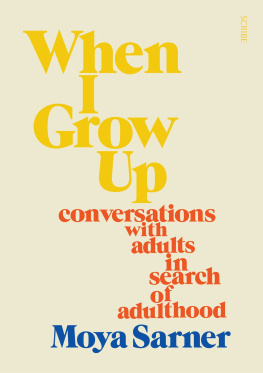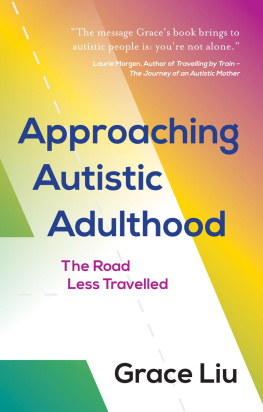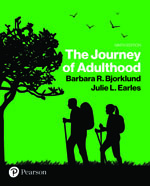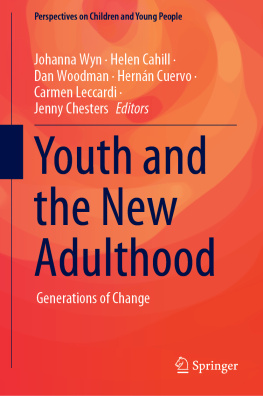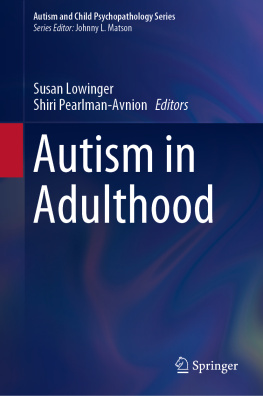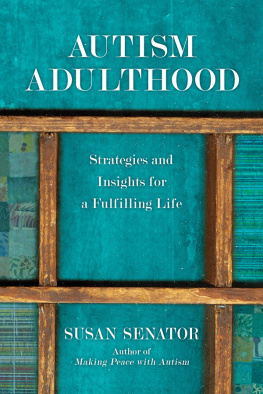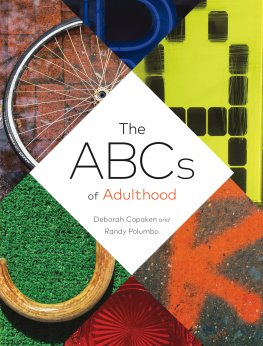ELUSIVE ADULTHOODS
ELUSIVE ADULTHOODS
THE ANTHROPOLOGY OF NEW MATURITIES
EDITED BY DEBORAH DURHAM
AND JACQUELINE SOLWAY
INDIANA UNIVERSITY PRESS
This book is a publication of
Indiana University Press
Office of Scholarly Publishing
Herman B Wells Library 350
1320 East 10th Street
Bloomington, Indiana 47405 USA
iupress.indiana.edu
2017 by Deborah Durham and Jacqueline Solway
All rights reserved
No part of this book may be reproduced or utilized in any form or by any means, electronic or mechanical, including photocopying and recording, or by any information storage and retrieval system, without permission in writing from the publisher.
The paper used in this publication meets the minimum requirements of the American National Standard for Information SciencesPermanence of Paper for Printed Library Materials, ANSI Z39.48-1992.
Manufactured in the United States of America
Cataloging information is available from the Library of Congress.
ISBN 978-0-253-02973-7 (cloth)
ISBN 978-0-253-03000-9 (paperback)
ISBN 978-0-253-03019-1 (ebook)
1 2 3 4 5 22 21 20 19 18 17
CONTENTS
DEBORAH DURHAM
JACQUELINE SOLWAY
DHANA HUGHES
CLAIRE ELISABETH DUNGEY AND LOTTE MEINERT
ANDREW B. KIPNIS
KAREN SYKES
JANICE BODDY
ANNA KRUGLOVA
ACKNOWLEDGMENTS
THIS BOOK STARTED with a double session at the annual meeting of the American Anthropological Association in November 2013 in Chicago, Illinois. Although not all participants in that session could join in the edited publication, their papers at that session and our discussions of all our papers over meals and emails enriched our understanding of how anthropologists can approach the study of adulthood. We want to thank Jocelyn Chua, Jennifer Cole, Samuli Schielke, and Xia Sharon Zhang for their participation and conversation. The two discussants for the panel, Susan McKinnon and Brad Weiss, also gave us wonderful feedback and suggestions, and we gratefully thank them and audience members who asked stimulating questions. We are indebted to Susan Reynolds Whyte for her generous reading and review of the manuscript as a whole and her rich set of suggestions. Dennis Rogers provided thoughtful, detailed, and extensive discussion of an early version of the introduction that in revision helped guide all the authors. Gary Dunham and Janice Frisch of Indiana University Press offered encouragement and editorial support for which we are grateful. Judith K. Browns work on women through the life cycle from childhood to seniority has been an inspiration to us. Keith Adams and Michael Lambek have been our most keen supporters and interlocutors through our fieldwork to the stages of this book. Finally but with deep gratitude, we want to thank our contributors, who put up with endless suggestions and requests from us, and offered us their rich ethnographic analyses and insights.
ELUSIVE ADULTHOODS
ELUSIVE ADULTHOODS
Introduction
Deborah Durham
THE TWENTY-FIRST CENTURY seems at its outset to be the century of elusive adulthoods. We hear reports that young people cannot grow up, that they cannot attain adulthood. In urban Zambia, young people are stuck in the compound living with parents (Hansen 2005); in Rwanda they are stuck outside of the compound, unable to build the separate household in the family plot needed to move into adulthood (Sommers 2012). In North and Sub-Saharan Africa, youth are said to be caught in a period of waithood unable to attain social adulthood well into their thirties (Honwana 2012; Singerman 2013). More ominously, Henrik Vigh (2006) describes young men in Guinea-Bissau as in a state of social death, a liminal social space with no exit. In India, middle-class young men are mired in timepass, enrolling in advanced degree after advanced degree at second-rate universities, dabbling in campus politics or just sitting around drinking tea, unable to find the employment they seek (Jeffrey 2010); in Ethiopia, young men say they live like chickens, just eating and sleeping, waiting but not progressing into adulthood (Mains 2007). In Japan, people worry about parasite singles enamored of the comforts of their parents home and wary of an employment landscape that no longer promises stability, long after their ceremonial inauguration into adulthood at the age of twenty-one (Brinton 2011; Newman 2012). In China, young people have gone tribal: the gnawing the elderly tribe lives off their parents and grandparents dwindling resources (Zhang 2013), while an ant tribe is un- or under-employed in the cities (see Kipnis this volume) and a moonlight clan (Schott 2011) spends its entire income every month, instead of scrimping and saving as their parents did. In post-Soviet Georgia, young men hang around, growing old without growing up, the path to a successful adulthood unclear in the temporal and spatial reorientations of the post-Soviet state (Frederiksen 2013).
In the United States, too, the elusiveness of adulthood is widely reported and studied, and the subject of many popular advice books and comedic films. Where college graduation is commonly held to be a threshold to adulthood, debt, inadequate jobs, instability in careers, and an increasingly late average age of marriage are said to make it difficult for people to cross the threshold and be considered truly adult (Settersten et al. 2008). These factors burden those who do not go to college as well as those who do, perhaps more so. Members of the working class may struggle without the family support that might help house them, support them in further education or training, or meet debt payments (Silva 2013). Whether the problem is structural, as statistics about jobs and debt suggest, or psychological, as blame is laid on a new generation of narcissists unable to resolve their quarterlife crisis (Robbins and Wilner 2001; Twenge and Campbell 2010), the American millennials are often depicted as a boomerang generation, stuck in their parents basements, failing to launch and refusing responsibility. Jeffrey Arnett (2004) has detected in them a new psychological stage of life, between adolescence and adulthood proper. He labels their experience emerging adulthood, a period shaped by ongoing fluidity and experimentation, an extension of the time of becoming, taking place before commitments are made to being a certain kind of person and self. Fortunately, for those struggling with the transition to adulthood in all its dimensions, there is a long and growing shelf of advice books at the bookshop. These range from the 2001 Quarterlife Crisis by Alexandra Robbins and Abby Wilner, describing the twenties in terms analogous to the already recognized mid-life crisis, to Kelly Williams Browns more recent Adulting: How to Become a Grown-up in 468 Easy(ish) Steps, which both urges its readers to recognize that they are not special snowflakes and helps them understand and negotiate apartment rentals and vacuuming, call in a plumber, and get along with coworkers (Brown 2013; Robbins and Wilner 2001). Parents of this generation now have their own how-to manuals, with the publication of Julie Lythcott-Haimss How to Raise an Adult in 2015, responding to fears that this generation of Americans has been educated by overzealous parenting into perpetual childhood (Twenge 2006). The humor and self-deprecation often present in these books, however, belies the very real struggles and sense of social dislocation felt by many people in their twenties and thirties in America, even while laying considerable blame on individuals and their parents for not taking the responsibility themselves to grow up.


